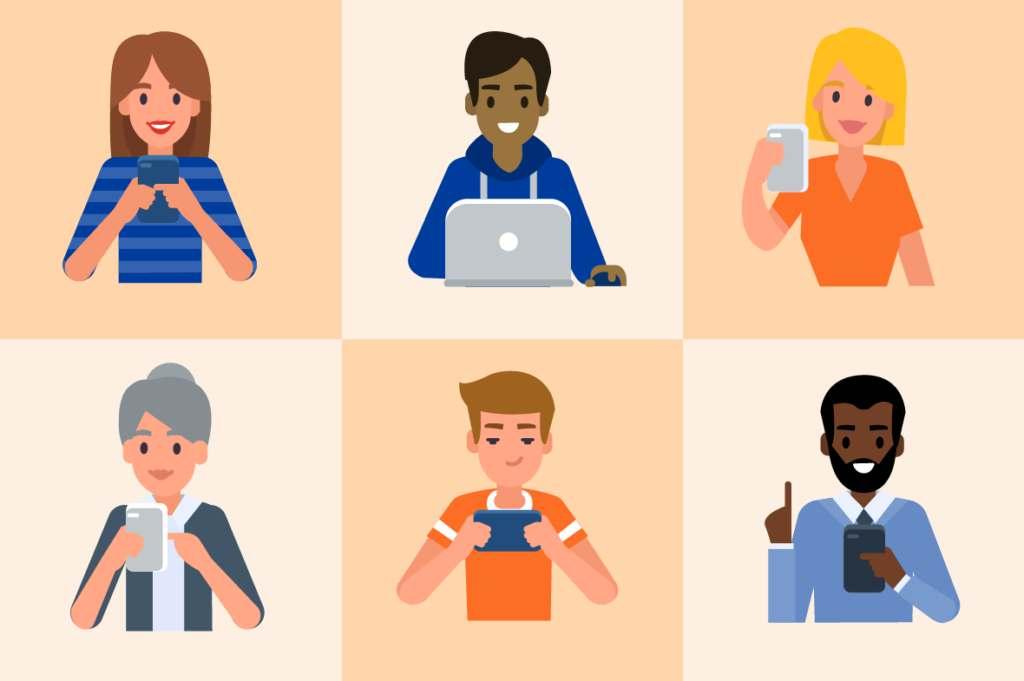
2 minute read
Eye Care
from You-wA-H
by schoolindia
Webinar 1
How Increased Screen time is affecting the Youth and Adolescent during the COVID-19 Pandemic and what can be the possible Prevention's for same
Advertisement
The first webinar addressed the issues related to eyes faced during these times due to the Increase in Screen time and discussed the possible solutions for same. It also gave the audience an opportunity to interact with the eminent and diverse panel which included:
DR. PARUL SHARMA - Director, Ophthalmology, Max Hospitals, Gurgaon, Max Healthcare - Delhi
MS. SEEMA JERATH - Principal, DLF Public School, Ghaziabad
KEY TAKEAWAYS

EYE-CARE PRACTICES • “Yoga for the tired eyes” does not help in relaxing our eyes. We must take regular and active breaks from screens; moving our shoulders, standing on toes and heels, walking and blinking help in reducing eye fatigue. • Consuming carrots does not cure our eyes. It is the biggest myth of all. A good diet for the eye does not cure the compromised vision, it only ensures well-being. • Dry-eyes are not a symptom of weak vision but caused by lack of blinking. Additionally, air conditioners and fans evaporate out tear film leading to dry eyes, the best lubricant for it is blinking. • Doctors recommend practicing the “10-10 or 20-20 rule”, wherein if you stare at something for 10 minutes you must look at a faraway object or close your eyes for 10 seconds to break the eye strain and rejuvenate our eye muscles. • Since the eye is a growing muscle, the prescription of children might change every 6 months, therefore they must get their eyes tested regularly. Diabetic patients must also follow this rule.

SCREEN TIME RELATED ISSUES • Technology is here to stay and there is no parameter to measure how much screen time is enough screen time. The only way this could be measured is by understanding whether the screen time was productive or not.
KEY TAKEAWAYS
Our eyes are designed with the ability to sit in front of screens and books for as long as 10 hours but with sufficient breaks. The effects on eye on reading from a screen with glasses or from a book are similar. We believe that reading from a book is better than reading from the screen, however, to our brain both the activities are the same.
COMMON SPECTACLES RELATED CONCERNS • People who want to get rid of their spectacles can get a laser treatment but only after the age of 18 years. • Computer glasses are only an experiment that hasn’t been proved scientifically, yet.

SURVEY FINDINGS
75% of the audience about the common eye problems caused due to increased screen time. On an average, 23.9% audience spent 2-5 hours in front of their screens, as many as 46.6% spent 5-10 hours, and 29.5% spent more than 10 hours on television and phone at the start of the lockdown. 67% of the survey participants did not or seldom indulged in eye care practices recommended by doctors. Over 60% of the audience was not aware of the WHO guidelines for better eye care prior to the webinar. 72% of the audience left the webinar with adequate knowledge around eye care practices.



